By Grace Sewell, Audrey Lynch, and Caitlin Cooper
Privilege cards are something that all students, especially those in Honors and AP classes, care about because they reward upperclassmen who earn honors each term. In other words, students need to maintain an 80 in all classes to receive a privilege card. If they receive one 79, they are blacklisted and do not receive the card in homeroom. Without that card, they can not attend non-tournament athletic events for free; they do not get free or discounted admittance to school events, and they cannot leave school if they have a study period last block. Mostly though, the card is a status symbol. Hence, receiving or not receiving this card is not only an incentive for hardworking students; it is also an emotional dilemma. However, with all the changes to the grading policy in the high school, isn’t it time to reevaluate the privilege card process? Do these cards really correlate with the discipline of each student? Do these cards really reward all students who have an exemplary work ethic?
Currently, a student who is in all Honors and AP classes may work to their fullest potential and still find it incredibly difficult to receive a term average of an 80 or above in every class. AP classes are extremely rigorous and the student is rewarded through the inflation of their GPA – the highest GPA achievable from an AP course is a 5.5. For students who struggle to get an 80 in an AP or honors class, they may have an easier time obtaining an 80 in a CP1 class; however, the student wants a challenging class and his or her true academic achievement is shown in their grade point average. Unfortunately, the students who take an academic risk and receive the dreaded 79 as a term grade get penalized by not receiving a privilege card for the next term.
On the contrary, students in CP1 or CP2 level courses may not be challenged as much and may coast by with a low 80 in each class. Meanwhile, students who did not take the academic risk and received an 80 or above in a CP1 or CP2 class receive a privilege. Is that fair to the 79 student in all honors classes?
Let’s look at sample grades from two Juniors at Walpole High.
Student #1
| AP U.S. History | 86 | 4.1 |
| Honors Physics | 86 | 3.6 |
| Honors PreCalc | 77 | 2.7 |
| Honors English | 86 | 3.6 |
| Honors Spanish III | 85 | 3.5 |
| Computer Applications | 96 | no GPA |
| Honors International Relations | 90 | 4.0 |
| Term 1 GPA | 3.58 |
Student #2
| CP1 US History | 83 | 2.8 |
| CP1 Chemistry | 81 | 2.6 |
| CP1 Algebra II | 85 | 3.0 |
| CP1 English | 86 | 3.1 |
| CP1 Spanish IV | 80 | 2.5 |
| CP1 Latin II | 88 | 3.3 |
| Physical Education | 89 | no GPA |
| Term 1 GPA | 2.88 |
As shown in the graphs above, the current policy in place regarding privilege cards allows for Student #2 to obtain a card due to their achievement of honors. However, student #1 has a much higher GPA, yet they do not meet the requirements to obtain a privilege card. The student’s 77 in one class is the only grade holding him of honor roll, but he still has a good GPA. Does it make sense for a student with a GPA of 3.58 to miss an academic incentive that a student with a GPA of 2.88 receives? Is that fair? Or is the privilege card policy unintentionally biased against honors students?
The fairest way to fix this problem is for privilege cards to be based on a grade point average rather than on an Honors/High Honors scale. A fair GPA for students in all different level classes would be a 3.0, which equates to an average grade of a 90 in CP2, an 85 in CP1, an 80 in Honors, and a 75 in an AP course. This change greatly benefits the students who receive a couple of high 70’s, and mostly 80’s in honors and AP classes and still receive a 3.0 GPA, but not honor roll. If the proposed policy were to be in place, then Student #1 receives a privilege card, while student #2 does not qualify for a privilege card due to their subordinate GPA of 2.88.
Because the community may still want to offer incentives to CP1 and CP2 students, the community can still use the 80-and-above policy for those students. However, by currently using the one-size-fits-all policy to distribute these academic status symbols, the school community is unfairly blacklisting some of the school’s hardest workers.


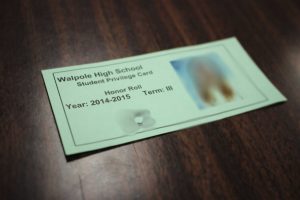
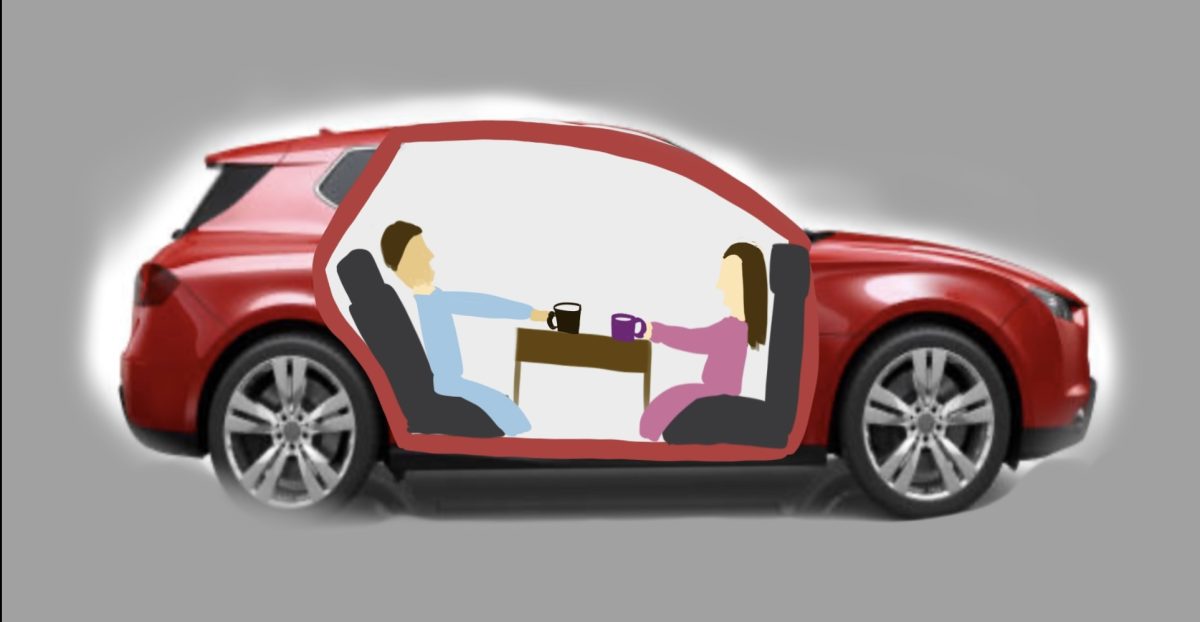
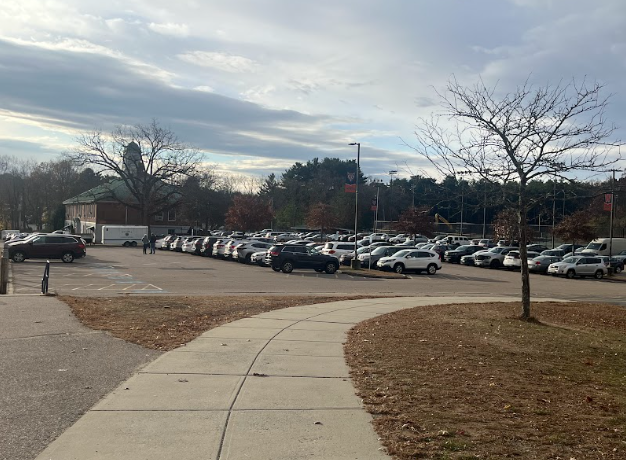
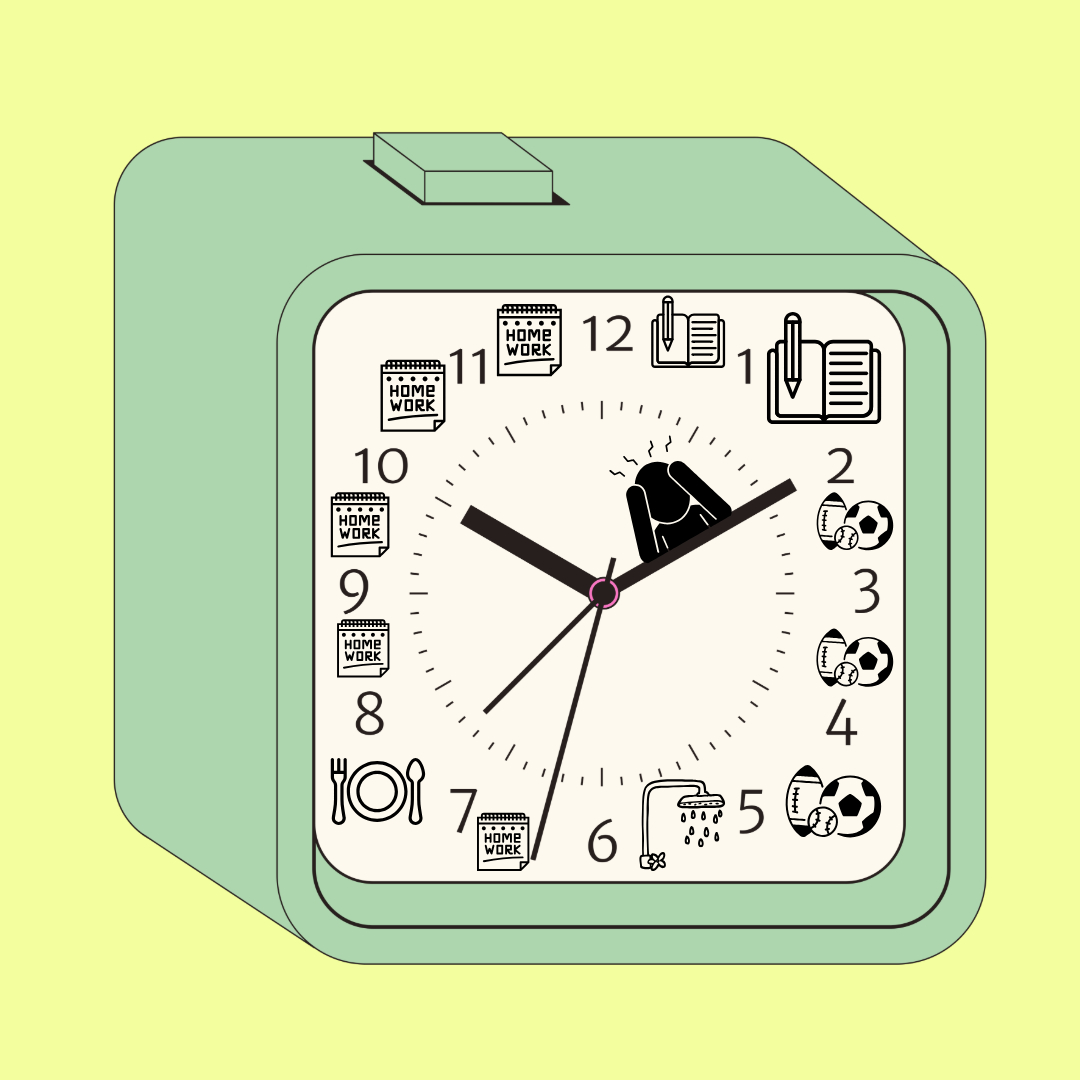

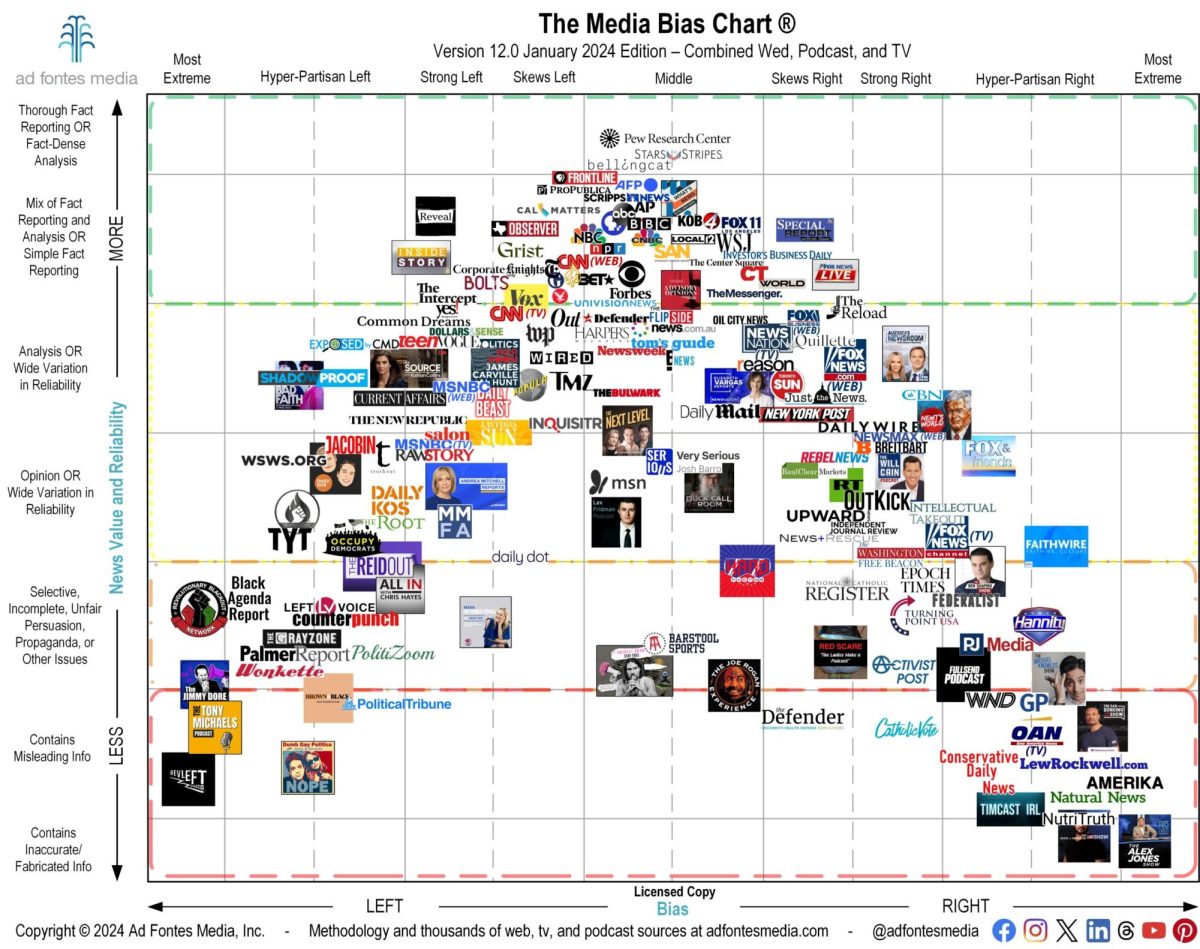





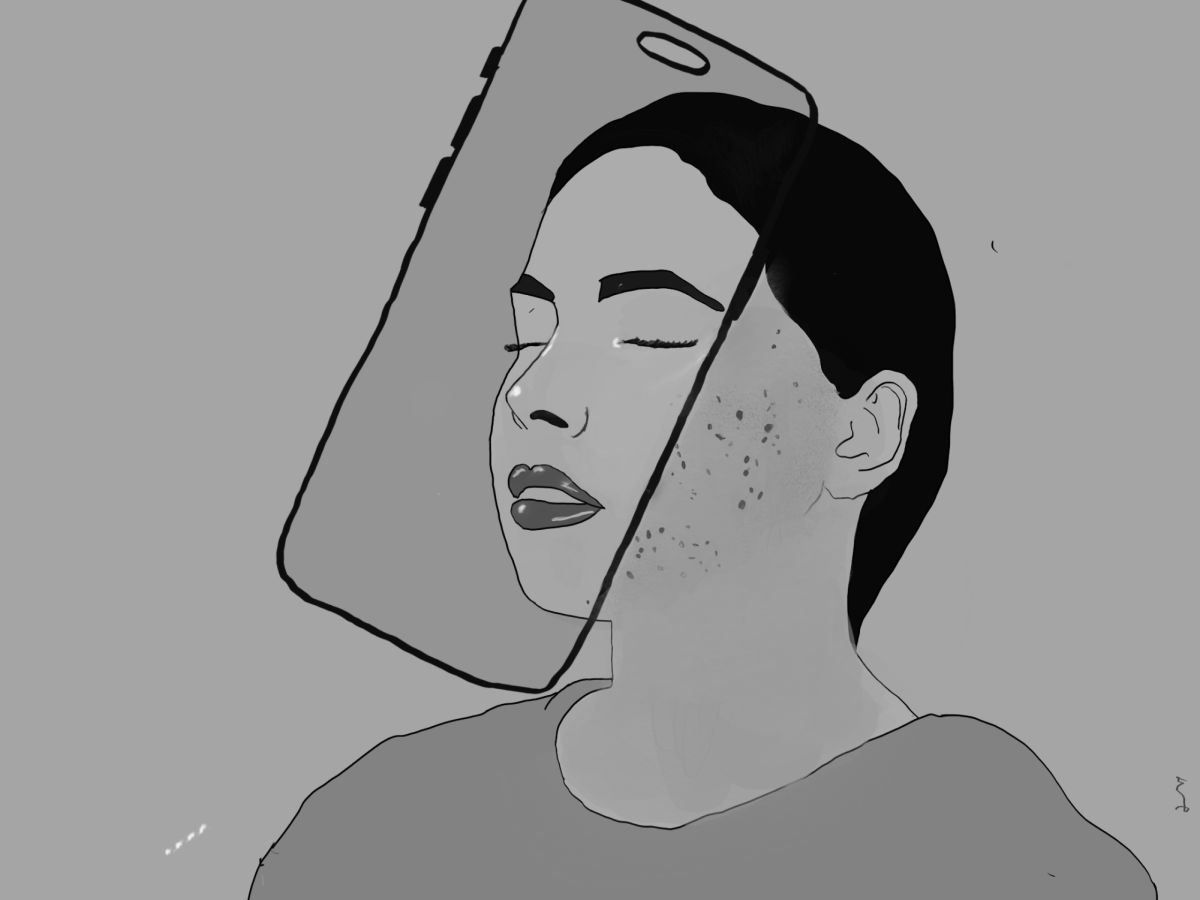

Annoymous Student • Mar 18, 2015 at 11:14 am
So basically the author of this article is saying that CP1/CP2 students should not receive privledged cards because they don’t try? Just because they are in these classes doesn’t mean they don’t struggle to get their 80. Here’s something for you Grace, I don’t know what classes you take, but CP1 students still study. Honors and AP are very difficult classes that’s why only some students can actually take it and do well. Also privledged cards basically do nothing, as student with a term two privledged card, the card could not get me into both main sports, hockey and basketball games, for free. These cards are useless unless you have a study halls